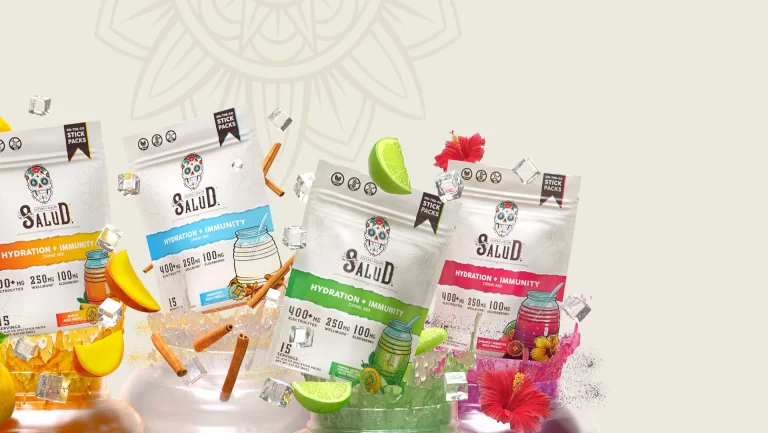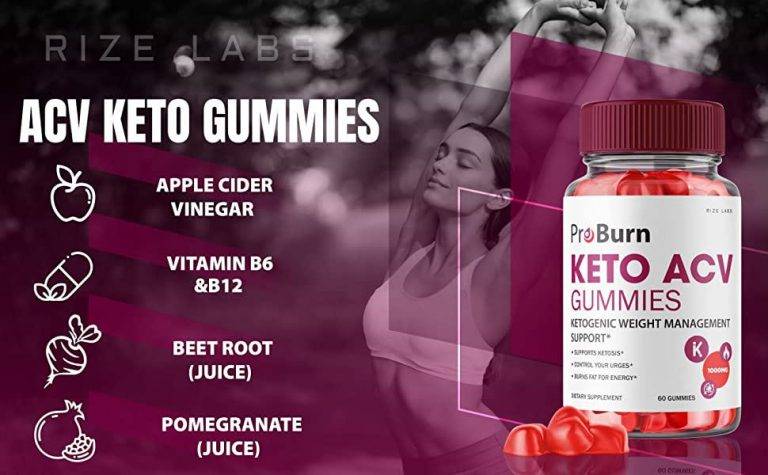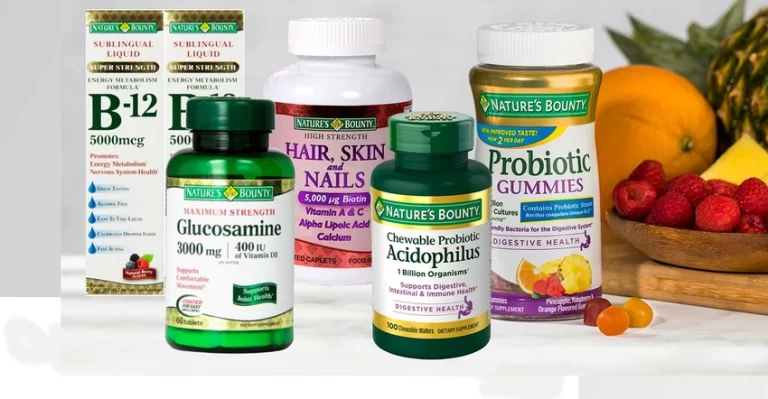When it comes to dieting, you should limit the consumption of saturated fats, sugary drinks, and refined carbohydrates. Instead, choose to eat a diverse diet consisting of whole grains, lean meat, and vegetables. You should also replace processed foods with fresh foods and drink fat-free milk and low-fat dairy products. You should also choose lean protein sources, such as eggs, fish, poultry without skin, and seafood. Lean meats should be consumed at least four times more often than red meat.
Reduce intake of saturated fats
The American Heart Association recommends that we reduce our intake of saturated fat to less than 10% of our daily calorie intake. But how do we get this percentage down? By dividing our daily calories by 10 percent, we can find how much saturated fat we need to cut. In fact, seventy to seventy-five percent of us exceed that recommendation and choose non-nutrient-dense options instead.
In general, it is safe to limit saturated fats to 10 percent of your daily calories, which can be found under total fat. However, there are many foods that are higher in saturated fats, so it is important to know which foods are high in them. Saturated fat is a common food source in the United States, but is often hidden in baked goods. Look for the nutrition facts label on packaged foods and choose low-fat options. Whenever possible, ask for lean cuts of meat or remove the skin when cooking.
The diets of different countries differ in the amount of saturated fat. In the UK, saturated fat should not make up more than 11% of food calories, whereas in the US, the recommended amount is less than 10%. For example, the typical diet of adults in the UK contains about 20g of saturated fat per day – which is roughly equivalent to 2.5 tablespoons of butter. Men, meanwhile, should limit themselves to a maximum of thirty grams per day, which is equivalent to a quarter-pound hamburger and cheese.
However, despite the widespread skepticism about saturated fat, governments still provide uniform guidelines. Various researchers have suggested that current recommendations are not appropriate. Therefore, they recommend that people should eat less SFA than the recommended amount, even if it means sacrificing other nutrients. There are several benefits to reducing the amount of SFA, but the best way to cut them is to eat foods high in beneficial fats instead.
Reduce intake of sugary drinks
In addition to their high calorie content, sugary drinks are also a significant contributor to weight gain. Despite the fact that the overall consumption of carbonated sugary drinks has dropped in the U.S., people are now consuming a much greater amount of other sugary beverages. Sugary beverages can cause cavities and tooth decay and are linked to increased risk of type 2 diabetes, heart disease, and non-alcoholic fatty liver disease.
Avoiding sugary beverages during your diet can help you prevent chronic diseases like diabetes and high blood pressure. These drinks are also loaded with sugar, which can be harmful to your overall health. You should therefore cut back on them and switch to healthier alternatives. A healthy and tasty alternative to sugary drinks is water. But if you can’t give up soda, it’s OK to use sparkling water or flavored sparkling water. Other drinks that you can use as a substitute for sugary beverages include fresh fruits and herbs, or sparkling tea.
In addition to water, people should also opt for low-calorie beverages instead of sugar-sweetened drinks. These drinks contain the same amount of calories as water, and their effect is similar. CDC researchers Tauseef Ahmad Khan and colleagues recommend that people should replace their high-calorie beverages with low-calorie beverages while dieting. The findings of the study suggest that the latter option is more effective than the former. But you should remember that drinking water is still the best option.
Sugary drinks are the number one source of added sugar in our diet. Despite their advertisements, sugary beverages do little to make you feel full and add to your overall calorie intake. Hence, they can be a major culprit in weight gain. And since you can’t stop drinking them completely, it’s best to cut back on them gradually. However, if you must drink them, it’s important to mix unsweetened and sweetened beverages and gradually reduce your sugar intake.
Replace processed foods with real food
If you are dieting, replacing processed foods with real food is essential to your weight-loss plan. Eating foods in their natural form is better for your body than processed foods. Among other benefits, eating real food reduces your risk of developing health problems, including heart disease, type 2 diabetes, and stroke. Listed below are five real food meal ideas to replace processed foods.
Aim to replace at least 40 percent of your food shopping with fresh fruits and vegetables. While this may take some extra effort and time, the benefits outweigh the drawbacks
While processed foods may seem healthy, they often contain more sugar, sodium, and saturated fat than their natural counterparts. In addition, processed foods are typically laced with preservatives and additives to increase shelf life and preserve taste. These chemicals have a number of health-damaging effects on your body, which is why they should be avoided. Replace processed foods with real food when dieting to avoid harmful side effects.
While most processed foods are not healthy, many of them are high in calories and other unhealthy ingredients. This can add up to hundreds of calories a day! By replacing processed foods with real foods, you can lose weight without even knowing it. So why do we need to stop eating processed food?
Eat a variety of vegetables
Increasing your intake of vegetables during dieting has numerous health benefits. In addition to these benefits, increasing the number of vegetables in your diet will help reduce the habituation effect and increase the overall amount you eat. Here are some tips to increase your vegetable intake:
First, you must increase the variety of your diet. According to the latest research, the more variety you consume, the lower your risk of developing cardiometabolic diseases. To test this hypothesis, the researchers conducted a cross-sectional study comparing participants aged 16-65 years. Vegetable intake was estimated from the National Health and Nutrition Examination Survey and used the modified dietary diversity index to adjust for confounding effects of amount. In addition, we performed temporal trend analyses assessing the association between the variety of vegetables and prevalence of cardiometabolic diseases.
Consuming vegetables is essential for a healthy lifestyle. The DGA recommends eating a wide variety of vegetables each day, but there are no clear evidence that one particular fruit or vegetable is better than another. But this is certainly a good starting point for people who want to increase their vegetable intake while dieting.
Besides eating a wide variety of vegetables, you should also avoid eating starchy vegetables. Even sweet potatoes are high in starch. Aim to eat a variety of vegetables rich in fiber. In addition, make sure to buy fresh vegetables. In addition, cook them lightly to ensure maximum health benefits and nutrients.
Avoid alcohol
There are many good reasons to avoid alcohol while dieting. Many people consume far more calories than they should when drinking alcohol. Using the same logic, we shouldn’t replace healthy food with empty calories. But we’re not advising avoiding all alcohol completely. Instead, we’re suggesting a few ways to cut back on its health benefits. Here are a few examples. -Swap out alcoholic drinks for nonalcoholic drinks.
– Alcohol is not good for your health. It increases your appetite, loosens your inhibitions, and weakens your willpower. And that was just one study.
– It contains no nutritional value. While alcohol has 7 calories per gram, they are essentially empty calories that have no purpose other than to add to the body’s calorie count. Alcohol is no different than soda, which contains 150 to 180 calories per 12-ounce serving. By skipping alcohol, you’ll save your body the time and energy it needs to process it. So, what’s the downside to drinking alcohol?
– Alcohol has few nutrients and can make you overeat. It can also give you extra energy. Alcohol provides quick energy, but the calories from late-night chips will most likely end up in your fat cells. Hence, it’s important to stick to a healthy diet. In order to lose weight, you should avoid alcohol and drink only in moderation. But if you do drink alcohol regularly, you can experiment with cutting back on it for a few months to see if it works.












+ There are no comments
Add yours